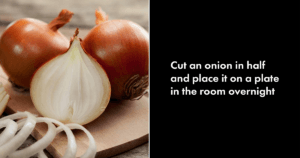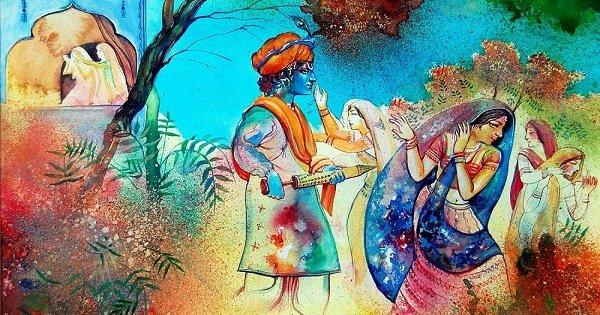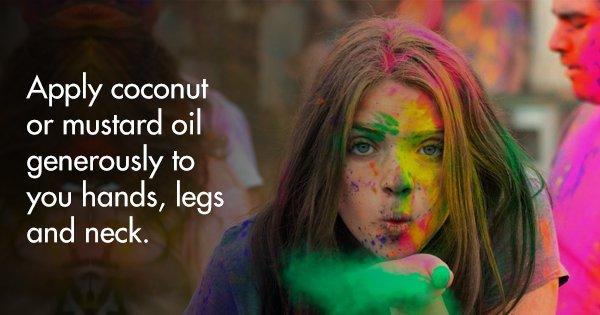Another Gurkha warrior, you ask? Another total head cleaving badass story from a clan of uber-human warriors, I say.
India’s first Field Marshal, Sam “Bahadur” Manekshaw, once said: “If a man says he is not afraid of dying, he is either lying or is a Gurkha.” That should give you some perspective on why we’re about to talk about a warrior today that will defy your sense of logic and understanding.
Bhakti Thapa joined the Nepalese army by the time he was 18 years old in 1759.
Soon his exploits and acts of valour on the battlefield against the Sikhs, the British and the Chinese, during Imperial Nepal’s expansion to the surrounding territory saw him make his way up the ranks to become the commander of the whole nation’s army. Several conflicts between Nepal, and Punjab and China, were inevitably settled since the Gurkhas were just not ready to let up.
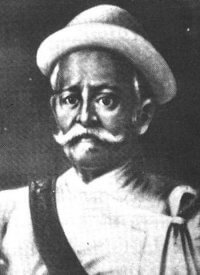
Soon the British grew increasingly weary of the Gurkhas and set an all-out assault.
Arming 20,000 men to set out to quell the increasingly troublesome mountain warriors, the East India Company dispatched its troops north, under the command of General Sir David Ochterlony, in 1814. War had been declared, and Bhakti Thapa was 74 years old at the time. Simply not giving two shits, he rounded up his own troops and readied for war. The British soon realised that diseases and the treacherous mountain terrain were quickly dealing damage to their troops. In one swoop, the British soldiers made the smart move and flanked the Nepalese defences, cutting their army in half, and took up position at a high altitude mountain fortress in Deothal.
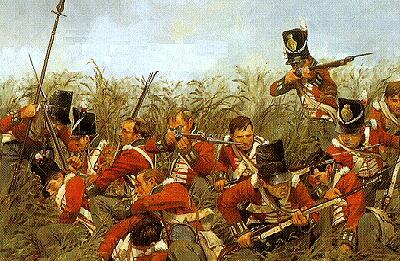
Armed with artillery, rifles and over 3500 infantry men, the British fortress was impenetrable.
Naturally on April 16, 1815, Sardar Bhakti Thapa rounded up 2000 of his men and decided to attack the position up-front. A suicide mission! The Nepalese soldiers were about to head up against canons and rifles with their kukris and double barrel flintlock pistols – with just two shots each. Thapa led the charge scaled up the front of the fortress with his soldiers dropping down, left and right. But they made it to the first line of artillery defence, and the Gurkhas let loose with the few gun shots that they could, taking down the first line.
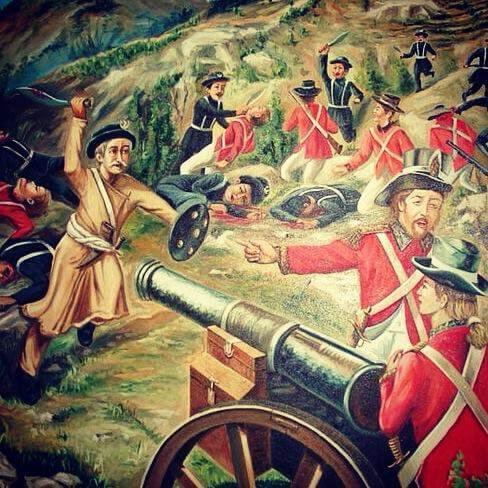
The battle raged for over an hour, with swords and kukris on one side, and the British guns on the other.
The British forces were forced into extreme close quarters combat against blood-thirsty Gurkhas who were in simple words ‘there to mess them up’. The projectiles from the British guns were laying down fire on the Gurkhas and quickly cutting their forces, but the Gurkhas kept going. Sardar Bhakti Thapa eventually got shot point blank in the chest, instantly killing him. With their commander dead, the Gurkhas had to fall back, and the British claimed victory.
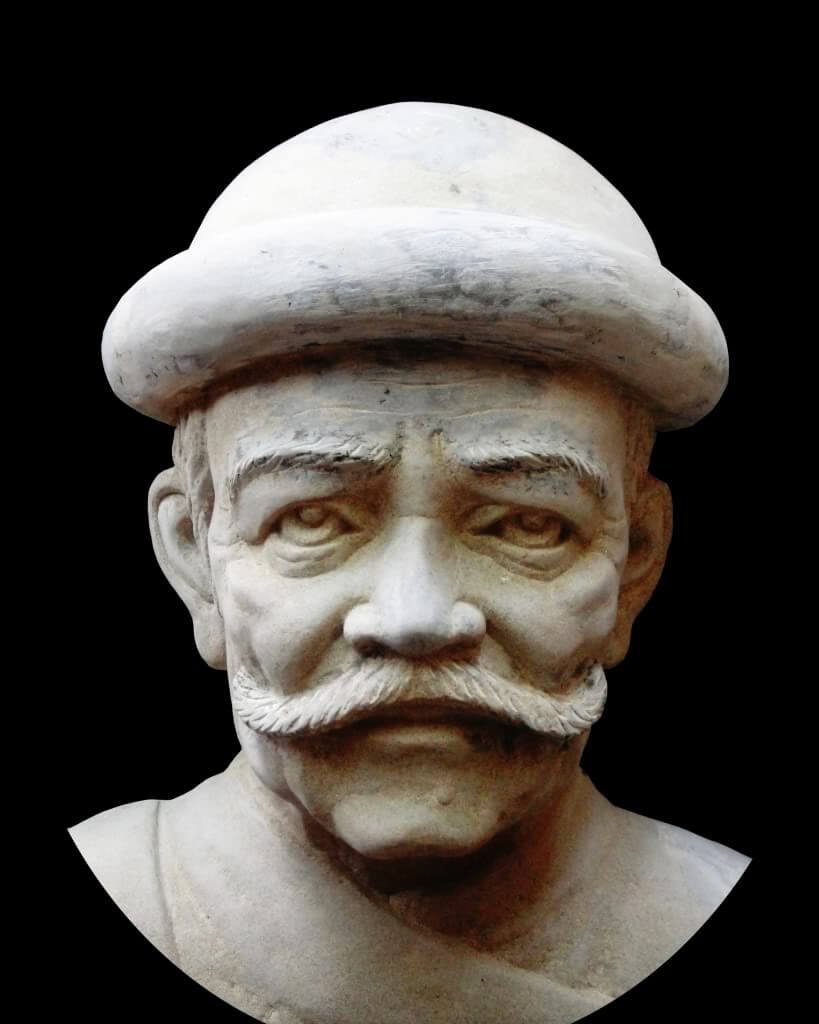
The British forces later wrapped all of the native soldiers’ bodies, and sent them back to the army. They had witnessed such power and wrath from the supposedly ‘small men’, that they had to decide to recruit a whole regiment of Gurkha soldiers to fight in their army.
Bhakti Thapa was christened a national hero of Nepal, and the day of the Battle of Deothal is a Nepalese national holiday.




